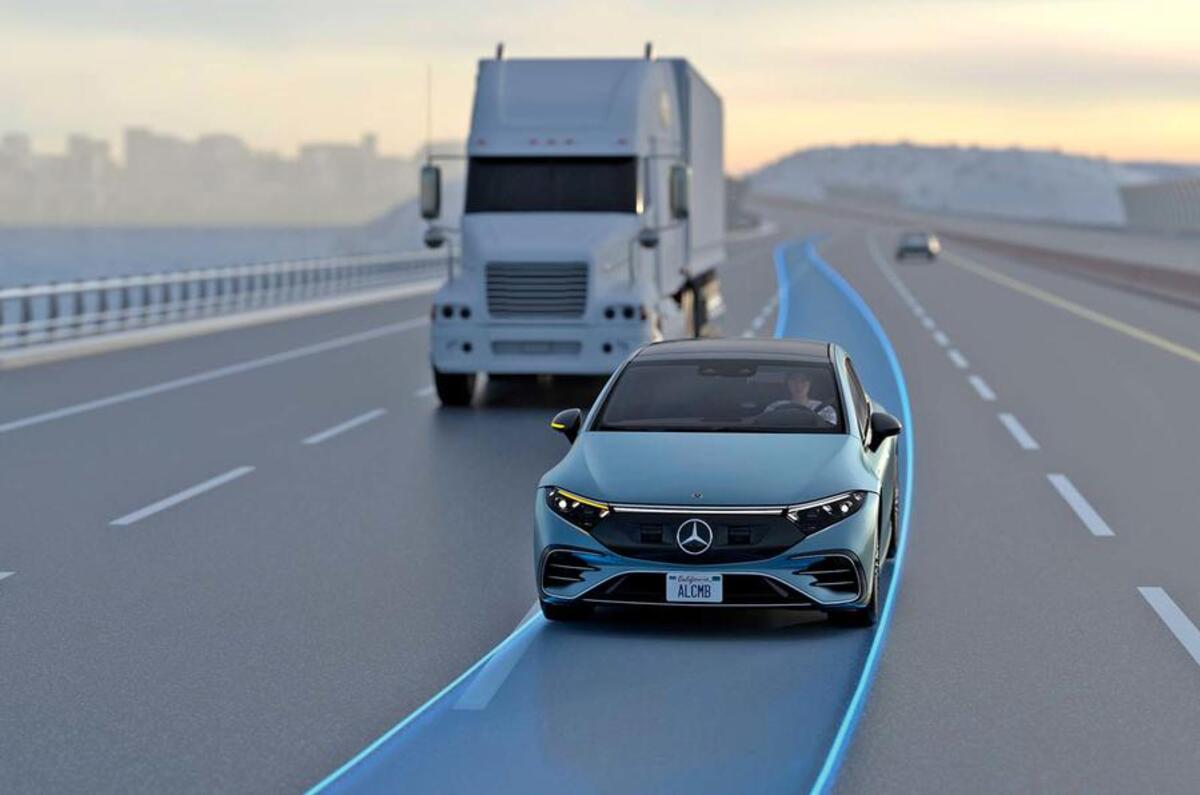Car makers are sharply divided over whether to offer level-three (L3) autonomy as they weigh up the cost versus reward of allowing their cars to take control from the driver for limited periods amid a wider technology race.
Right now, only BMW and Mercedes offer level-three hands-off, eyes-off autonomy in their flagship limos, and then only in Germany and select states in the US at traffic jam speeds.




Add your comment